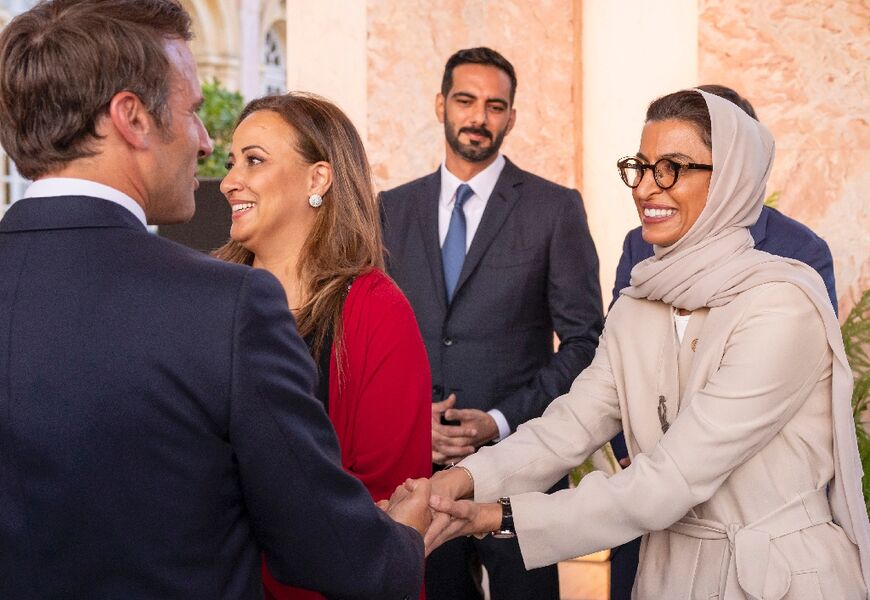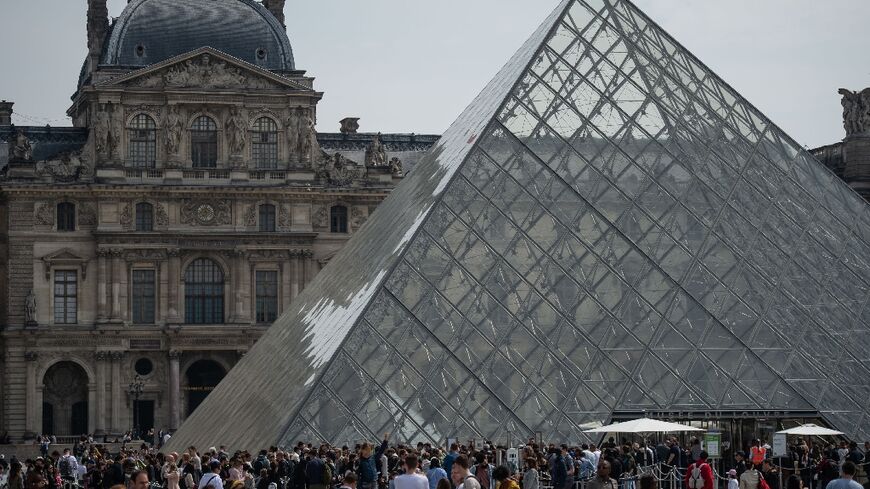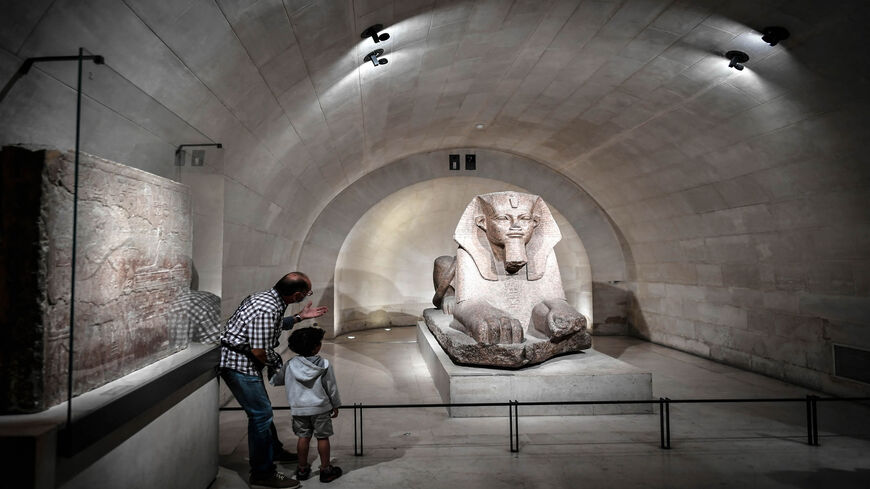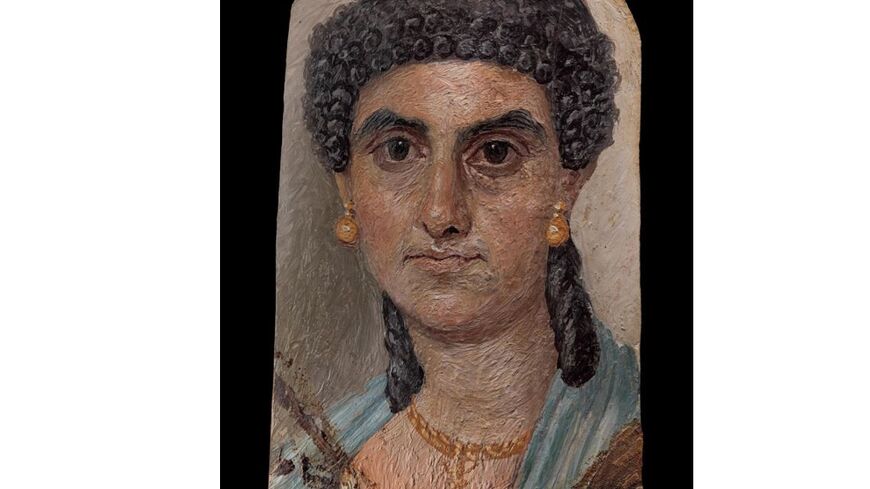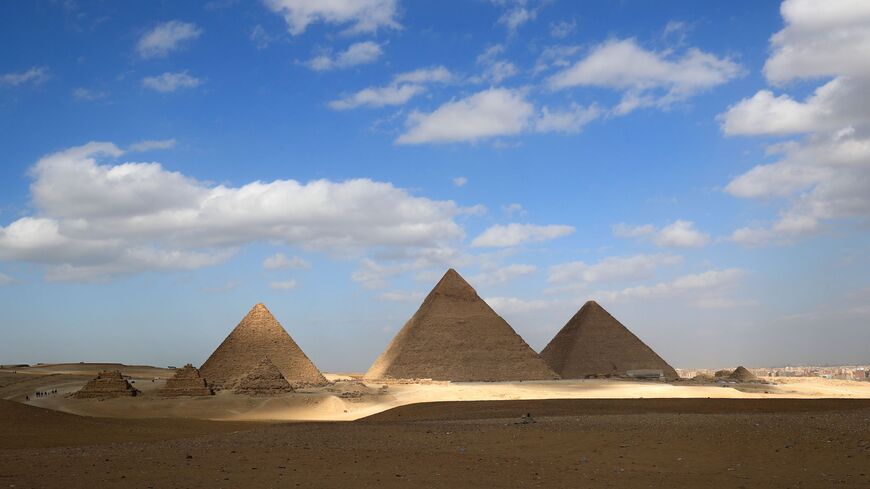UAE vows to assist artefacts trafficking probe
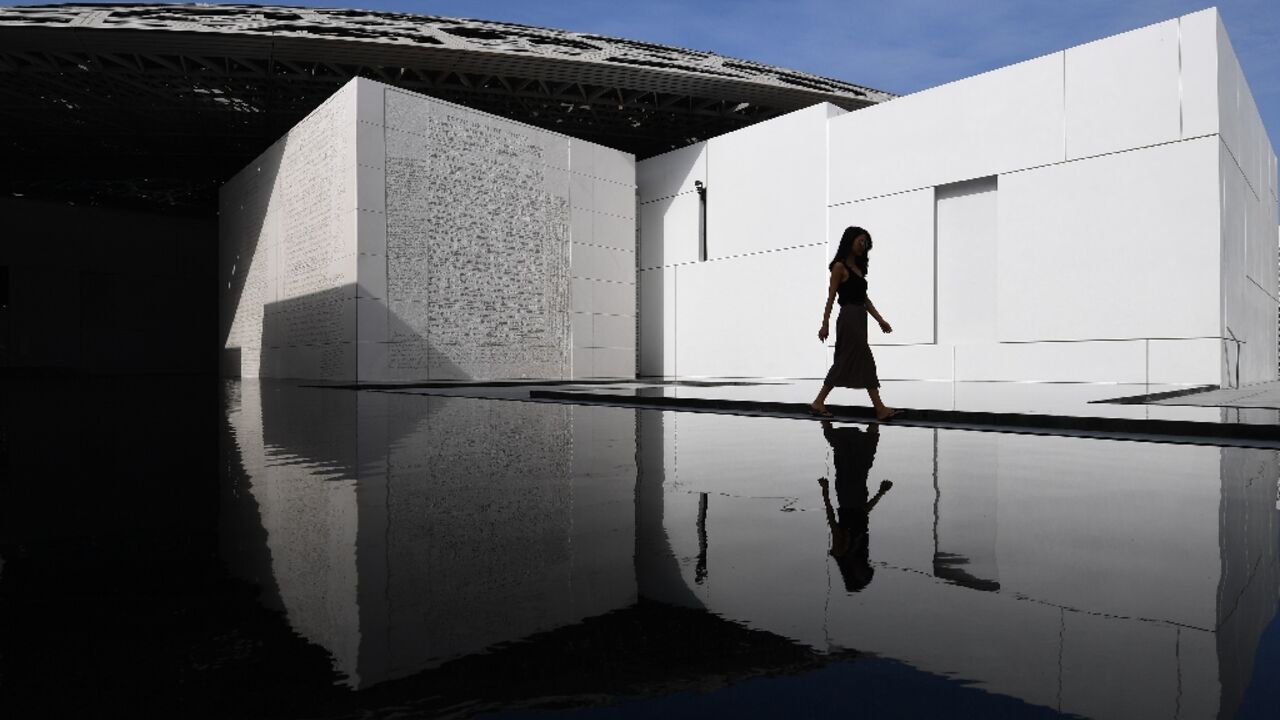
The United Arab Emirates, home to the only foreign branch of the Louvre, has vowed to ensure a thorough investigation into the trafficking of artefacts linked to its parent museum in Paris.
Hundreds of artefacts are believed to have been pillaged from Egypt and other Middle Eastern countries during a wave of protests from 2011, known as the Arab Spring.
Investigators in France suspect the artefacts were then sold on to galleries and museums around the world.
The probe was opened in 2018, two years after the Louvre Abu Dhabi, which has become a civil party in the case, bought a rare pink granite stele depicting the pharaoh Tutankhamun and four other historic works for eight million euros ($8.5 million).
UAE Culture Minister Noura Al Kaabi said her country was doing its utmost in the investigation.
"We have a very transparent and constructive relationship with our French counterpart," Al Kaabi told AFP in Paris this week as the UAE's president visited the European ally.
"When the recent issue occurred, with regards to the unfortunate... trafficking, I think this is where for us we are helping the investigation to progress, making sure that it progresses clearly," she said in rare comments by an Emirati official on the case that has roiled art markets.
- Soft power -
In May, Jean-Luc Martinez, a former director of the Louvre in Paris, was charged with conspiring to hide the origin of archaeological treasures that investigators suspect had been smuggled out of Egypt in the chaos of the Arab Spring.
Martinez is accused of turning a blind eye to fake certificates of origin for the pieces. He is currently the French foreign ministry's ambassador in charge of an entity that focuses on fighting art trafficking.
US prosecutors have seized five Egyptian antiquities from New York's Metropolitan Museum of Art as part of an international trafficking investigation involving the former head of the Louvre in Paris.
Antiquities trafficking has been linked to armed groups such as the Islamic State group, and the case has shone a light on a transnational criminal problem that remains fiendishly difficult to target.
Al Kaabi said that for the UAE, a wealthy desert country heavily invested in culture in the past decade as part of a soft power strategy, it was "crucial that the provenance (of displayed items) is something that is clear".
"The legality of it is something that we take very seriously. So we are supporting the investigation... and what we can do is respect the outcome of it," the minister said.
Opened in 2017, the art collection of the Abu Dhabi branch of the Louvre is housed in a spectacular museum designed by French architect Jean Nouvel. In December, its licence was extended by 10 years to 2047.
It attracted some two million visitors in its first two years, before being forced to close for 100 days in early 2020 due to the coronavirus pandemic.


